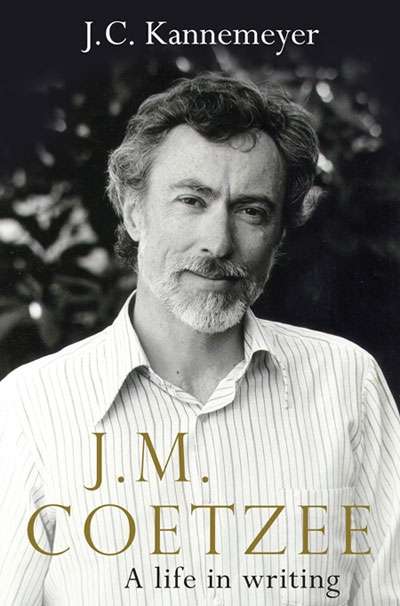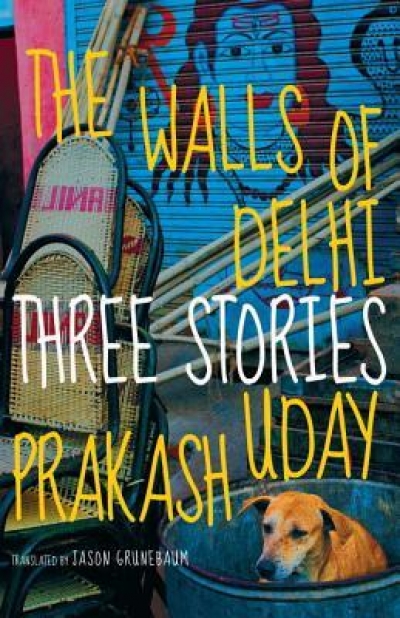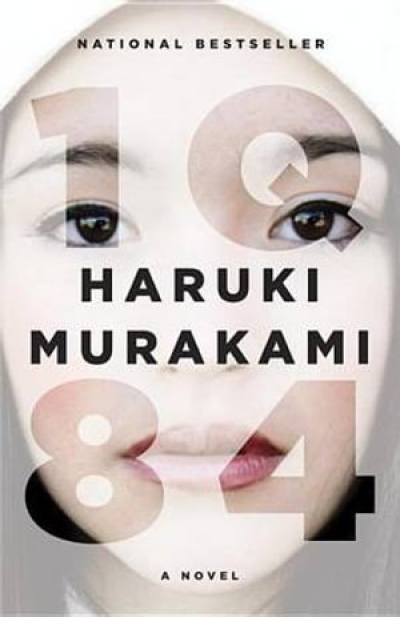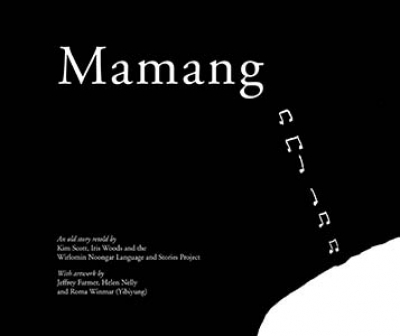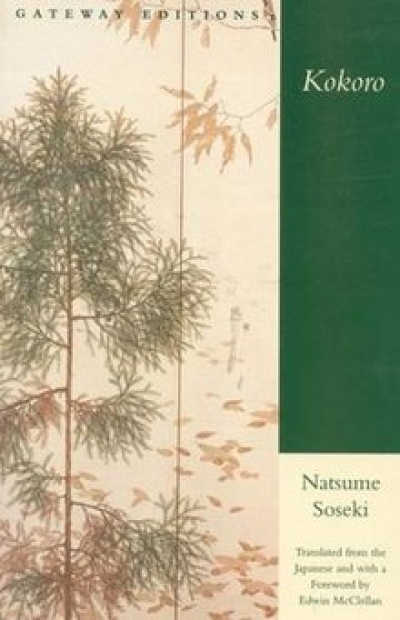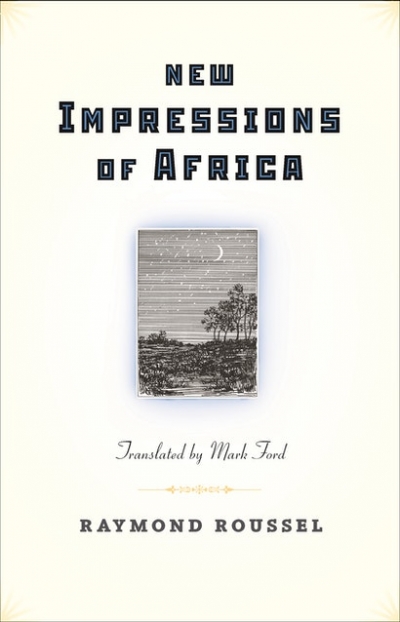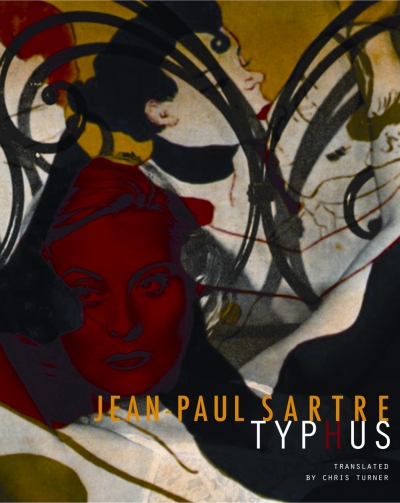Translations
J.M. Coetzee: A Life in Writing by J.C. Kannemeyer, translated by Michiel Heyns
When I heard that someone was writing Coetzee’s biography, I thought he must be either brave or foolish. After all, Coetzee’s own approach to autobiography is slippery, to say the least. J.C. Kannemeyer was (he died suddenly on Christmas Day 2011) a South African professor of Afrikaans and Dutch, a veteran biographer, and a literary historian. Coetzee co-operated fully, granting extensive interviews, making documents available, answering queries by email, and offering no interference. ‘He said he wanted the facts in the book to be correct. He did not wish to see the manuscript before publication.’ In other words, he behaved impeccably. Any suspicion that Coetzee’s Summertime (2009), in which a biographer researches the late J.M. Coetzee’s life, is based on his experience of being Kannemeyer’s subject is removed by the epilogue. Summertime was conceived and largely written before the biography was contemplated.
... (read more)Ryszard Kapuściński: A Life by Artur Domosławski, translated by Antonia Lloyd-Jones
A famous Polish communist foreign correspondent? It sounds like a contradiction in terms, but actually Ryszard Kapuściński did achieve international fame towards the end of the Cold War, after a highly successful career covering the Third World for leading media in the People’s Republic of Poland from the 1950s. Africa and, later, Latin America were his specialties; he was an enthusiast for decolonising liberation movements and an admirer of Che Guevara, Patrice Lumumba, and the French-Algerian theorist Frantz Fanon.
... (read more)The Walls of Delhi by Uday Prakash, translated by Jason Grunebaum
Continuously inhabited since at least the sixth century, Delhi is fabled to be the city that was built seven times and razed to the ground seven times. Some believe the word Delhi comes from dehali or threshold, and the city is seen as the gateway to the Great Indian Gangetic plains. In 1912 the British moved their colonial seat of power from Calcutta to New Delhi, which also became the capital of independent India and celebrates its hundredth anniversary this year. It seems apt, then, in 2012, to read about the older Delhi that lies and lurks behind the shining veneer of India’s National Capital Territory, a Delhi that the rising Asian power seems eager to forget and obliterate.
... (read more)What we need from history is a sense of narrative. The masses of statistics, dates, artefacts, and voices are nonsensical without it. Laurent Binet’s HHhH, winner of the 2010 Prix Goncourt du Premier Roman and the 2011 Prix des Lecteurs du Livre de Poche, is a loving tribute to the Czech resistance, and to all who resisted the Nazification of Europe in the first few terrifying years ...
1Q84 by Haruki Murakami, translated by Jay Rubin and Philip Gabriel
Admirers of Haruki Murakami who waited for two years while successive parts of his twelfth novel sold millions in Japanese, are now rewarded for their patience with a big nugget of a book in English, which is already an international bestseller. The elegant cover shows an enigmatic night sky with two moons, which reappear on the endpapers and between the three parts. Rather than clutter one single page with publication details and Murakami’s numerous other fiction and non-fiction titles, the book’s designers run these in tiny print across the top and bottom margins of the eight endpapers. In the side margins of the text, ‘1Q84’appears halfway down every page, arranged as a cube, above and below which the page numbers move up and down. On the opposite pages, the page numbers also move, but both they and the title are in mirror reverse. What’s more, this idiosyncratic pattern switches over at various, apparently random intervals, from odd to even pages. Q is ku, nine in Japanese, and the letter is said to look like ‘a world that bears a question’, although the answer escapes me. Nothing in 1Q84 will be as it seems.
... (read more)Mamang by Kim Scott, Iris Woods, and the Wirlomin Noongar Language and Stories Project & Noongar Mambara Bakitj by Kim Scott, Lomas Roberts and the Wirlomin Noongar Language and Stories Project
Mamang and Noongar Mambara Bakitj are retellings of traditional Noongar narratives by the Miles Franklin Award-winning author Kim Scott, in collaboration with a team of others. The books are part of a broader Wirlomin Noongar Language and Stories reclamation and revitalisation project currently under way in the south-western coastal region of Western Australia, an area roughly traversing Albany to Esperance. Like many other Australian languages today, Noongar is barely hanging on. These modest diglot books, charmingly illustrated by Noongar people in simple, unaffected, and direct style, therefore represent a timely intervention into the continuing post-colonial destruction of this critically (and globally) endangered language.
... (read more)Australia is supposed to have a knowing relationship with East Asia, but the embarrassing truth we keep under wraps is that you can count on one hand the number of first-class translators we have produced. There are no doubt complex cultural reasons for this, but it is hard to escape the impression that many academics teaching Chinese and Japanese have not been earning their keep.
... (read more)'Hautes Fenêtres: Thoughts on the place of translation in recent Australian poetry' by Simon West
In a 1995 interview for the Paris Review, Ted Hughes was asked if the 1960s boom in translated poetry, particularly with series such as the Penguin Modern European Poets, had influenced poetry written in England. ‘Has it modified the British tradition!’ he replied. ‘Everything is now completely open, every approach, with infinite possibilities. Obviou ...
New Impressions of Africa: Nouvelles Impressions d’Afrique by Raymond Roussel, translated by Mark Ford
Like all of his earlier books, Raymond Roussel’s final work, New Impressions of Africa, published in 1932, was printed at his personal expense, and only after he was satisfied that the poem was as good as possible. He claimed that each line took fifteen hours to compose. Roussel wanted his work to have enduring importance, and wrote a book entitled How I Wrote Certain of My Books to help readers who might otherwise misunderstand his method (it appeared in 1935, two years after his suicide). Roussel, thanks to his vast inherited wealth, was a writer who answered to no one and nothing, except his own inimitable vision.
... (read more)Typhus by Jean-Paul Sartre (translated by Chris Turner) & Critical Essays by Jean-Paul Sartre (translated by Chris Turner)
Those wanting to understand better the radical changes in Western thought and social mores since World War II could benefit from revisiting Jean-Paul Sartre (1905–80). Of course, one can sympathise with Jonathan Rée in his critique of much of Sartre’s work as ‘slap-dash’, ‘long-winded’, ‘carelessly profuse’ (Times Literary Supplement, 26 November 2010). It is true that by the time Sartre became famous, much of his best writing was behind him. Nonetheless, Sartre lived and worked on what we can now identify as a temporal seismic fault-line between then and now. His voluminous and variegated work – short stories, novels, plays, essays, movie scripts, journalism, autobiography, and correspondence, as well as philosophy proper – remains a rich site for investigating the thirty or so years between the mid-1930s and the mid-1960s, that period when, as Thomas Pynchon puts it, ‘a screaming came across the sky’. To re-engage with Sartre is to re-enter the zone of the epicentre, where broken twists of what was once continuous tradition mingle with new developments – some of which we already know to have failed, while others have become familiar features of our present landscape.
... (read more)

